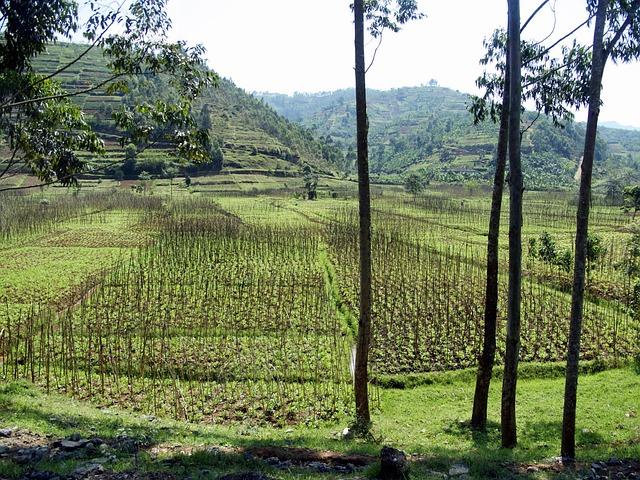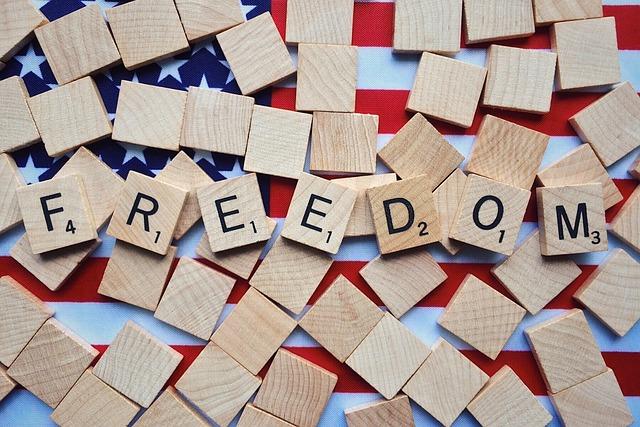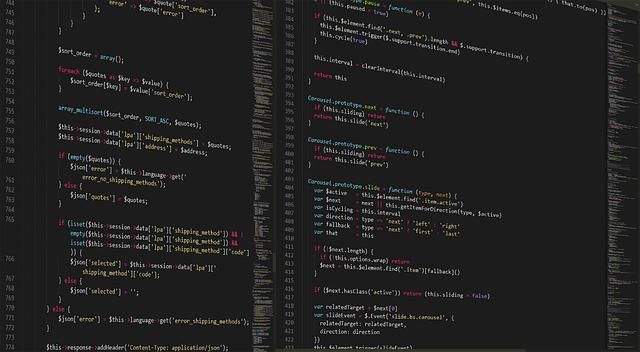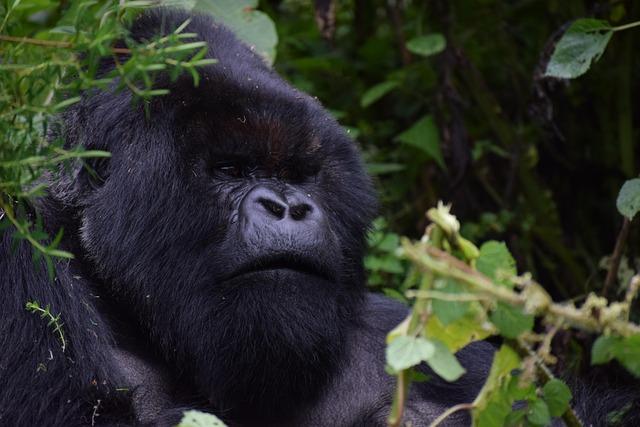Introduction
Rwanda, a small landlocked nation in East Africa, presents a compelling case study in the interplay of ethnicity, unity, and democracy. Following a tumultuous history marked by colonial division and the harrowing genocide of 1994, the country has embarked on a remarkable journey of reconciliation and nation-building. Today,Rwanda is often lauded for its efforts to transcend ethnic divisions and foster a culture of unity,led by a government that emphasizes national identity over tribal affiliation. The nation’s progress toward democratic governance remains complex, as it grapples with challenges of political dissent and civil liberties under the leadership of President Paul Kagame. This article explores Rwanda’s intricate fabric of ethnicity and unity,the evolution of its democratic processes,and the implications for its future as both a beacon of hope and a subject of scrutiny in the broader context of African governance.
Rwanda’s Ethnic Landscape and Historical Context
The ethnic composition of Rwanda has been predominantly shaped by the historical interplay between the Hutu, Tutsi, and Twa groups, each with rich cultural identities and social structures. Historically,the Tutsi were often viewed as the aristocratic class,while the Hutu comprised the majority as farmers and laborers. This division, initially based on socio-economic roles, evolved into rigid distinctions, particularly during the colonial era when European powers exacerbated ethnic tensions to facilitate governance. Consequently,the notion of ethnicity became a powerful tool for political mobilization,culminating in a tragic cycle of violence and discrimination,particularly evident during the 1994 genocide that left deep scars on the national consciousness.
In the aftermath of the genocide, Rwanda embarked on a journey of reconciliation and nation-building, fostering a renewed sense of identity that transcends ethnic lines. Efforts to cultivate unity include the promotion of a national ethos that emphasizes shared destiny over divisive identities. Key initiatives have focused on establishing community-based dialogue, fostering economic collaboration, and implementing inclusive governance that seeks to empower all citizens, regardless of their ethnic background. The Rwandan government’s commitment to healing and unity is reflected in policies aimed at economic progress, social justice, and national cohesion, paving the way for a more democratic and inclusive society.

The Role of Unity in Post-Genocide Reconciliation
The aftermath of genocide often leaves deep wounds within a society, particularly where ethnic divisions have historically defined relationships. In Rwanda, the commitment to unity becomes a cornerstone of the reconciliation process following the 1994 genocide. The Rwandan government has prioritized national cohesion by fostering an surroundings where identity transcends ethnic lines. This has been achieved thru various initiatives including:
- Community-based trauma healing programs
- National dialogues aimed at building mutual understanding
- Promotion of interethnic cooperation in local governance
Furthermore, the integration of unity into daily life is palpable in the country’s educational strategies and public messaging. Such initiatives reinforce the values of inclusivity and collective responsibility, aiding in the transformation of societal relations. One key platform in this effort has been the Gacaca court system, which not only addressed justice but also emphasized reconciliation and community rebuilding. By offering a forum for dialogue, Gacaca courts have enabled survivors and perpetrators to engage directly, fostering a shared journey toward healing. The following table illustrates key components of Rwanda’s unity-driven policy framework:
| policy Component | Description |
|---|---|
| Unity and Reconciliation Commission | Oversees the reconciliation process and monitors progress towards national unity. |
| Education Reform | Incorporates teachings on unity,history,and democracy into school curricula. |
| Community Forums | Encourages discussion and resolution of local issues, bridging ethnic divides. |

Democracy in Rwanda: Progress and Challenges
Since the end of the Rwandan genocide in 1994, the country has made important strides towards establishing a stable and inclusive democracy.The government has implemented policies focused on promoting national unity and reconciliation, prioritizing harmony over ethnic divisions. Key elements in this progress include:
- Decentralization: empowering local governments to enhance citizen participation.
- Inclusive Governance: Efforts to ensure representation of women and minority groups in political processes.
- Constitutional Reforms: Amending laws to support democratic ideals and human rights.
Despite these advancements, Rwanda faces ongoing challenges that threaten its democratic framework. One major issue is the limitation of political freedoms and the suppression of dissent, which can undermine the legitimacy of its governance structures. Moreover, the following hurdles remain:
| Challenge | Impact |
|---|---|
| Political repression | limited opposition and media freedom can stifle public discourse. |
| ethnic tensions | Lingering animosities complicate efforts for national unity. |
| Economic inequalities | Disparities can lead to social unrest and discontent. |

Economic Development as a Catalyst for Social Cohesion
The relationship between economic development and social cohesion is particularly pronounced in Rwanda, a country that has made tremendous strides in rebuilding and fostering unity after a history marked by ethnic division. Economic initiatives not only serve to improve the livelihoods of citizens but also create common ground for collaboration among various social groups. By focusing on inclusive growth, the Rwandan government has prioritized investments in sectors such as agriculture, technology, and infrastructure, which has helped to bridge societal gaps.As communities engage in collective economic activities, they find shared interests that transcend ethnic differences, promoting a strengthened sense of belonging and cooperation.
Moreover, education and job creation play vital roles in reinforcing social bonds. Through programs aimed at enhancing skills and vocational training, individuals from diverse backgrounds come together, fostering a culture of knowledge sharing and teamwork. This not only elevates individual potential but also contributes to a more cohesive society where people understand and appreciate each other’s experiences. The collaborative environment nurtured by these initiatives enhances trust and accountability,fundamental components for sustainable democracy. Ultimately, a robust economy serves as both a motivator and a platform for social integration, demonstrating that when communities work together, they pave the way for a more united and resilient nation.

Recommendations for Strengthening Democratic Institutions
To fortify democratic institutions in Rwanda, the government must prioritize transparency and accountability within its political framework. This entails implementing systems that promote open decision-making processes and encourage citizen participation at all levels. Regular public forums can be established to facilitate dialogue between government officials and the populace, providing a platform for citizens to voice concerns and propose solutions. Furthermore, enhancing the independence of judiciary systems through training and resources will ensure that legal processes are equitable and fair, thereby building public trust in democratic mechanisms.
Investment in civic education and awareness campaigns is crucial for fostering a politically informed populace that understands their rights and responsibilities. Initiatives could include workshops, engaging media content, and partnerships with local NGOs to reach marginalized communities.Additionally, establishing a bipartisan oversight committee composed of representatives from various ethnic groups can lead to more balanced policymaking. Such a committee would enhance collaborative governance, promoting unity while respecting the diversity that characterizes Rwanda’s society.

Concluding Remarks
Rwanda’s journey through the complex intersections of ethnicity, unity, and democracy serves as a compelling case study of resilience and transformation. The nation‚Äôs efforts to reconcile its turbulent past with an optimistic vision for the future reflect a commitment to building a cohesive society that transcends ethnic divisions. By fostering a sense of national identity and prioritizing inclusive governance,Rwanda has made significant strides toward democratization,even in the face of profound challenges.As the country navigates its path forward, the balance between unity and democratic principles will remain pivotal in ensuring a stable and prosperous future for all Rwandans.Continued observation and engagement with Rwanda’s evolving landscape will provide valuable insights not only for the region but also for global discourse on ethnic harmony and democratic governance.







